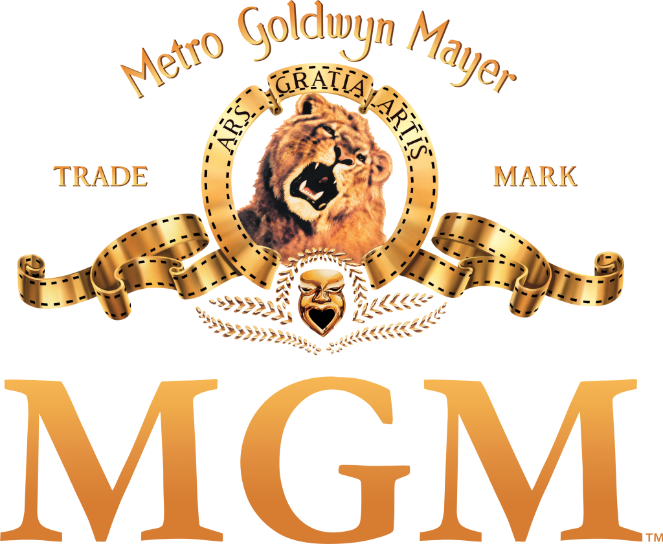
A lion surrounded by a film appears on the black screen. We hear his formidable roar and understand that the next two hours will quietly fly over watching a movie marked by a quality sign. Metro-Goldwyn-Mayer (MGM) has been the leader of world cinema for 30 years since its founding, and Louis Mayer, its vice president, was considered the father of the golden age of Hollywood.
“Ridiculous little Jewish” — so teased Lazar Meir, an emigrant from the Russian Empire, who founded one of the greatest American film companies. Little is known about the early years of his life: when changing citizenship, he even chose a new date of birth (July 4 — US Independence Day). Luis Mayer’s father collected scrap metal and disposed of household waste, his mother worked on a poultry farm. From an early age, Louis worked with his father, and at nineteen he left home to start an independent life in Boston.
With the help of friends and relatives, he bought a dilapidated theater, restored the building and in 1907 opened the Orpheum cinema. Business was successful, the cinema became one of the most fashionable and visited places in the city. A few years later, Louis Mayer became the owner of a network of entertainment establishments, but was not going to stop there: his goal was to create his own film company and produce films.
The film “Birth of a Nation” helped the film producer make a million fortune: the film bought for a small amount brought Mayer a huge profit. Already in 1916, together with another millionaire Richard Roland, Louis created Metro Pictures Corporation with his film studio in New York. However, professional flair suggested to him that the future of the American film industry was beyond Hollywood, so soon Louis Mayer moved to Los Angeles, where he founded Louis B. Mayer Pictures.
In 1924, three film companies — Metro Pictures, Goldwyn Pictures and Mayer Pictures — merged into the all-famous Metro-Goldwyn-Mayer studio, and Louis Mayer continued to conquer the film market, becoming vice president of the company. MGM was able to bring together the best Hollywood actors of the time: Greta Garbo, Clark Gable, Judy Garland, Eva Gardner, Fred Astaire, Catherine Hepburn and many others. Journalists even joked that there were more stars in MGM than in the sky.
At the height of the Great Depression, the company steadily generated revenue. Contemporaries noted that as a leader, Louis Mayer was an oppressive person, often interfered in the filming process and personally selected the entire staff of the film studio. But such rigidity in doing business was justified: films led by Mayer became Hollywood classics, and it was he who owned the idea of creating the Oscars, one of the most prestigious film awards.
In the 1930s and 1940s, Mayer’s conservative view of the themes of the films produced (fear of God, patriotism, family values) corresponded to the attitude of the Americans, which brought the studio huge income. However, since the beginning of the 1950s, public taste has changed, television has gradually begun to supplant film distribution, and the MGM policy has become outdated for many. This situation was taken advantage of by the young assistants of Louis, who, as a result of a series of intrigues in 1951, survived him from the director’s chair.
The rest of his life, the former head of MGM unsuccessfully tried to regain his former position and influence. Unfortunately, already at that time he was ill with leukemia, and died of this disease in 1957. Time avenged Luis Mayer: the studio, which under his leadership was a leader in the film industry, gradually fell into decay, and is now not even among the top ten largest American film companies.

























































Залишити відповідь